
When you have kids, there are a lot of things to worry about, but few things are more serious than concussions. That’s especially the case because “There is no such thing as a minor concussion.”
The Thegomezfirm.com continue by saying, “The reason why this type of injury is always serious is that it is a form of traumatic brain injury and all injuries to the brain involve an increased risk of permanent disability and complications.”
It’s well worth your time to do everything you can to prevent your child from experiencing a concussion. It starts the moment your baby is born until they go to college.
Make Sure They Are Using the Right Car Seat
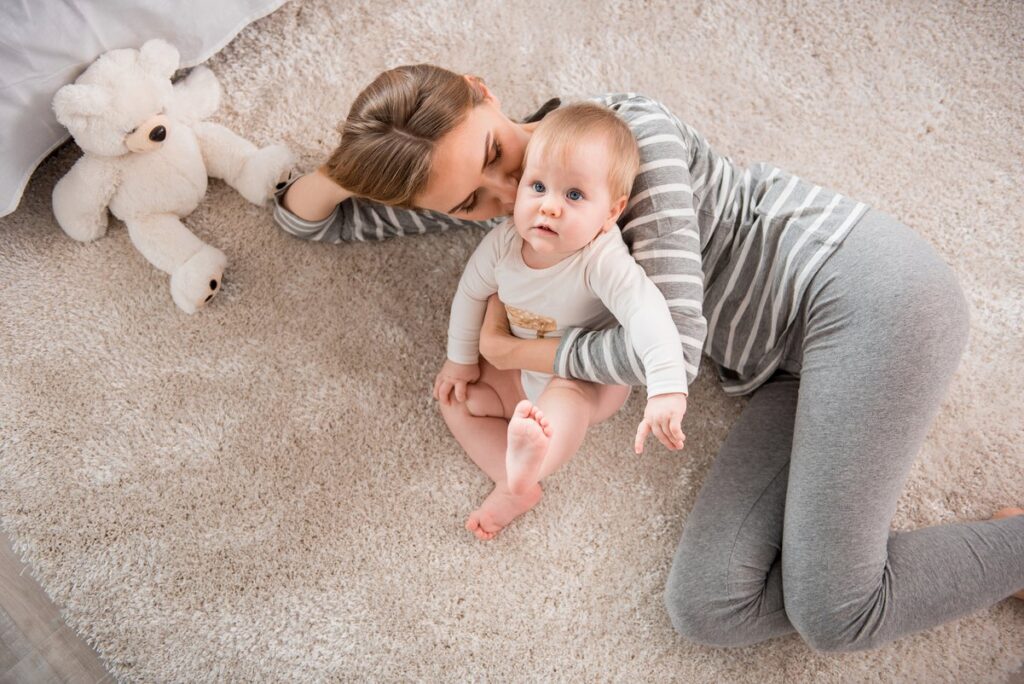
One of the best things you can do to protect your child’s safety is to make sure they are using the right car seat. It may seem like an obvious tip, but with different seats required throughout your child’s youngest years, in addition to the fact that kids need a booster seat longer than you probably think, and it’s easy to see why well-meaning parents accidentally put their children at risk every time they get in the car.
For example, did you know kids as old as 12 may need to use a booster seat? You should also keep them in the backseat until they are 12. Although it may be embarrassing or annoying to your pre-teen, it can keep them from getting a concussion if you should get into an accident.
Brush Up on Bed Safety
Think your child’s bed is where they are the safest? Think again! Unsafe beds can make it easy for your child to fall out and potentially experience a concussion.
Side rails should be present on cribs, and you should also consider a railing for young children so they don’t roll out in the middle of the night. Don’t let your child jump on beds, and avoid buying a bunk bed if it can be helped.
If you do decide to let your child have a bunk bed, make sure you:
- Always use guard rails on both sides of the top bunk
- Never allow children younger than six to sleep in the upper bunk
- Secure the mattress in place so it doesn’t slide around
- Only allow children to climb to the top using the ladder
- Plug in a night light if they need to climb up and down when it’s dark
Secure Furniture to the Walls
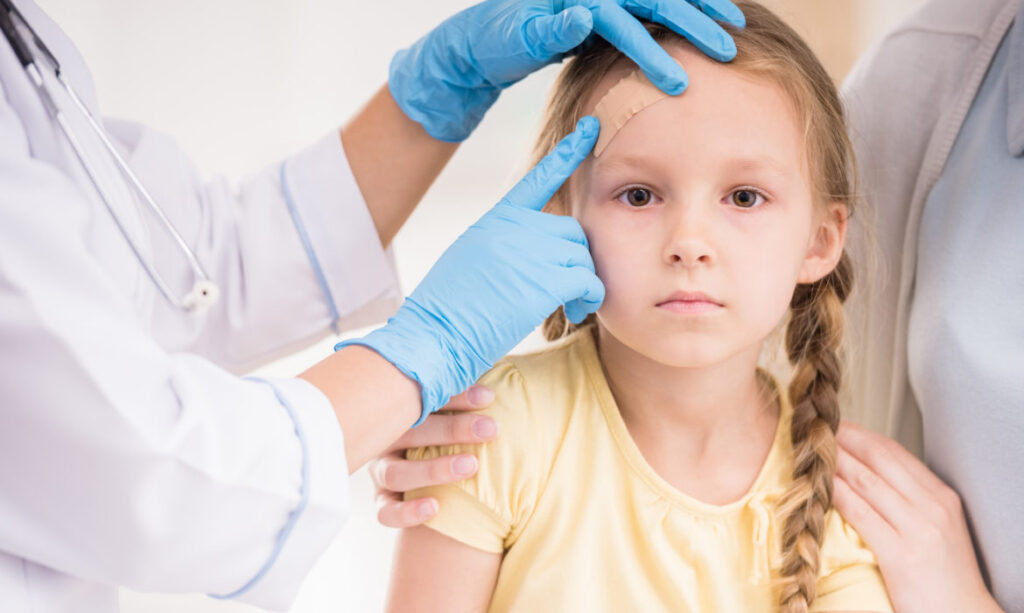
When you have a new walker or crawler in the house, it’s important to inspect furniture and secure anything to the wall that could by pulled down by little hands. That way a heavy bookshelf doesn’t tumble on top of your toddler and cause a serious injury.
It’s not just toddlers you have to worry about! Young children and even teens can get a little rowdy in the living room, dining room, and their bedroom. Secure all bookshelves, dressers, TV stands, and other large furniture items to the wall as long as your kids are still at home.
Know When Your Child Should Wear a Helmet
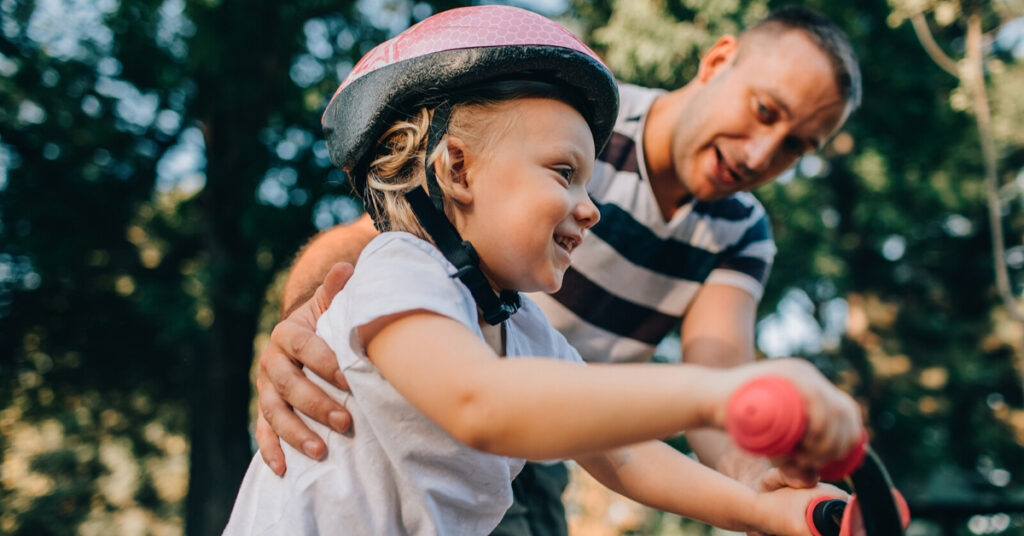
You know your child should wear a helmet when they are riding a bike and playing football, but there are many other sports and activities that require a helmet.
For example, if you want to prevent your child from getting a concussion, you should require them to wear a helmet when they go horseback riding, when they skateboard, and while they are skiing.
The type of helmet matters too! Make sure your child wears a helmet that is specially manufactured for the activity they are participating in, as different helmets are constructed differently depending on the risks of the particular sport being played.
Rethink Your Child’s Participation in Contact Sports
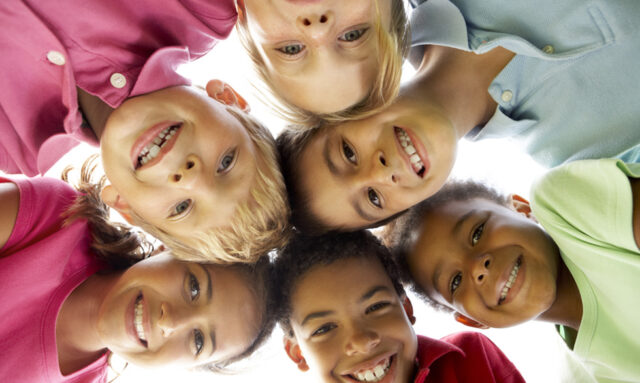
Although children can get a lot from playing contact sports, they can also be dangerous when it comes to getting a concussion. It’s important to think carefully about your child’s participation in one of these sports.
That might mean only allowing your child to participate in one contact sport each year or asking them to avoid contact sports altogether. If your child is insistent, research the program they want to join to make sure they follow all safety protocols to reduce the chances of your child experiencing a concussion.
Encourage Safety if Your Teen Is Driving
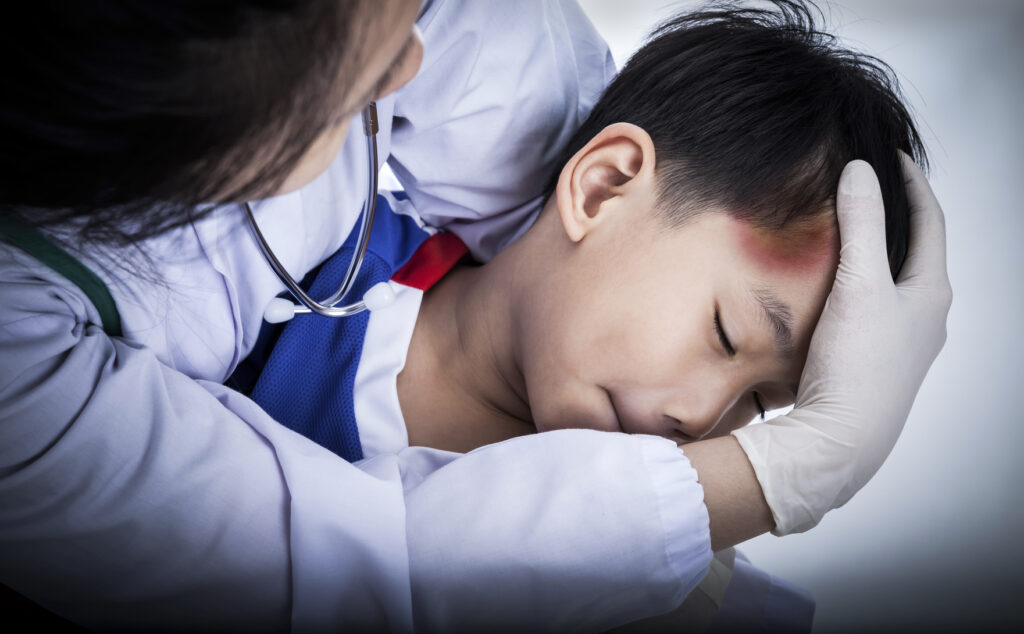
The car is a dangerous place for everyone, but it can be especially dangerous for teens. It’s easy for teens to get distracted behind the wheel. Encourage safety with your teen to prevent them from getting into an accident, and potentially getting a concussion.
Encouraging safe habits might include requiring your teen to keep their cell phone in the backseat while driving or reducing the number of friends that can ride as passengers. It might also include preventing them from being passengers in their friends’ cars, especially if they have one or two friends who are especially unsafe drivers.
Pay Closer Attention if Your Child Has Had a Concussion Before
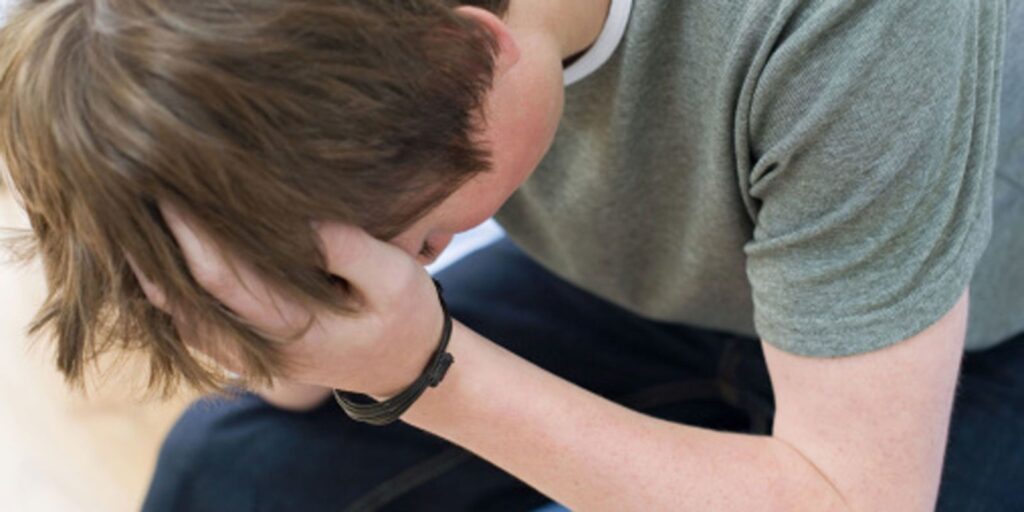
If your child has already experienced a concussion, regardless of how severe or minor it was, you definitely need to keep a closer eye on their activities and their behavior. Once you have experienced a concussion, you’re more likely to experience another one.
That might mean taking them off the football team, asking the coach if there’s another position they can play to reduce their chances of being tackled, or it might mean frequent trips to the doctor to make sure everything is okay with your child’s brain as time goes on.
You should also contact your doctor or your child’s coach if they start acting strangely, as something as simple as a headache can be a sign that your child has experienced another concussion.
Don’t let the thought of your child getting a concussion to be another thing to worry about! Follow these tips and you can feel better knowing your child’s brain is being protected throughout their formative years.













